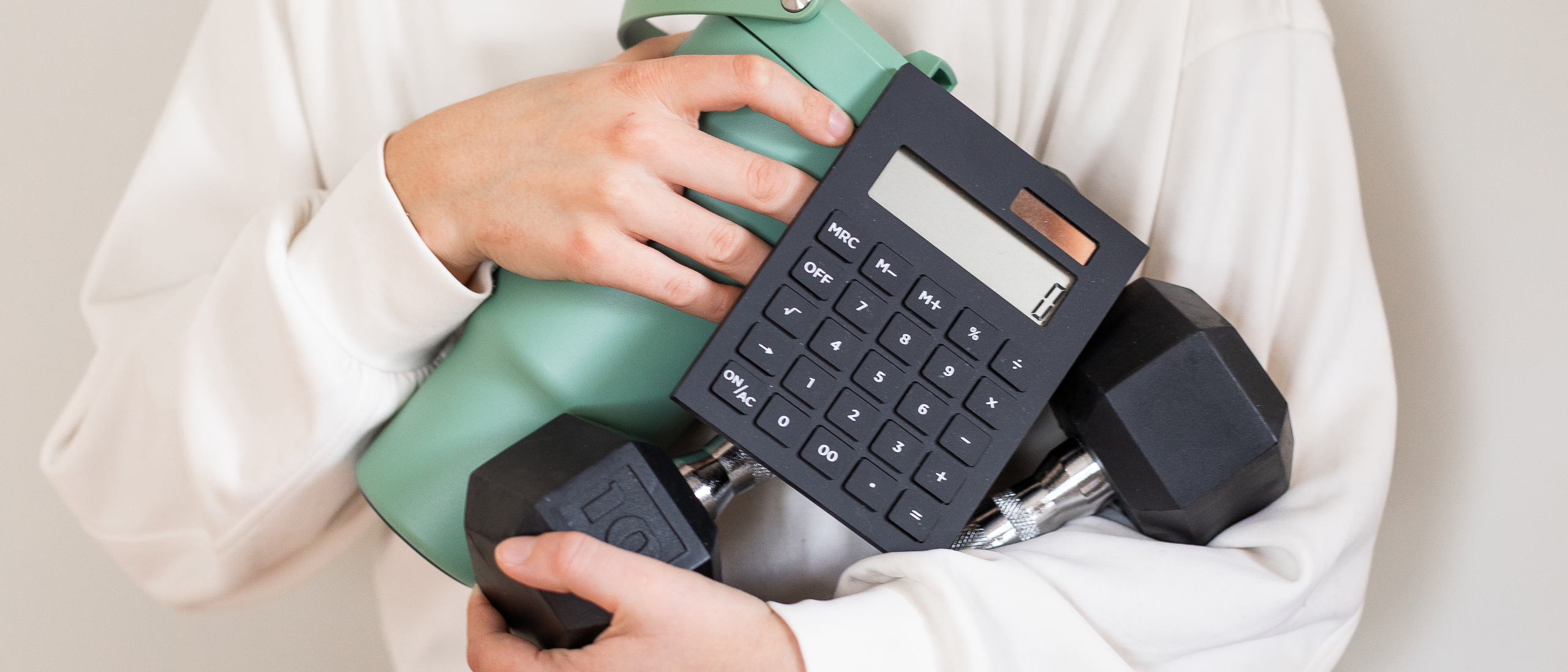Business owners often have questions about who should get a Form 1099 from them.
If you’re an owner of an S-Corporation, you might have also been wondering if you’ll be receiving any Form 1099s from your clients. In today’s article, I’ll give the rundown on whether or not an S-Corp gets a 1099.
Does an S-Corp get a 1099?
I won’t bury the lead on this one (I never really do!): S-Corps do not get a 1099. No matter if your business has made payment to an S-Corporation or C corporation, you most likely (keep reading) do not need to send any type of 1099 to that company.
Are there any exceptions where an S-Corp does get a 1099?
As is the case with any good rule, there are exceptions. If your business made a payment of at least $600 to one of the following, then you will need to issue a Form 1099 to these businesses, even if they are a corporation:
- Medical or health care
- Attorney
There is one other small exception that would apply to you if you are an S-Corporation: If you received at least $600 in substitute payments in lieu of dividends or tax-exempt interest, you will receive a Form 1099-MISC for that payment.
There are some other very specific exceptions to the rule that do not apply to most.
How do I know if I paid an S-Corporation instead of another type of business?
When you begin working with a client or business, you should collect a Form W-9 from each of them. On that form, you’ll find the information you need to determine whether you’ll be making payments to a corporation or an independent contractor.
Important: Just because you know there is only one person running a business doesn’t mean you can assume that they do not have a corporation. Many S-Corporations are owned and operated by one person.
When looking at the W-9, if the single-member limited liability company (LLC) or sole proprietorship box is checked, then you’re working with an independent contractor and need to issue a 1099-NEC to report nonemployee compensation to the IRS. If the partnership box is checked but they haven’t indicated an election for corporation status, then they will need a 1099-NEC as well.
If you didn’t collect a W-9 from the business or contractor, there’s no time like the present. If a contractor refuses to fill out a W-9, I wrote a whole post on what to do.
Also, if you’re receiving payments from other businesses, don’t be afraid to provide them with a Form W-9. If you are a corporation, you’ll be required to have an employer identification number (EIN) or tax identification number (TIN). Even if you’re not incorporated, I recommend applying for a free EIN so you can use that number rather than your Social Security number when filling out W-9s.
So who gets a 1099?
You’ll need to send a Form 1099-NEC to any independent contractor (read: anyone who isn’t a corporation) to whom your business paid at least $600 during the year. The “NEC” means nonemployee compensation, and in 2020, this form took the place of completing a Form 1099-MISC for self-employed individuals.
An important thing to note is that you only give a Form 1099-NEC for a payment made for services. If you’ve only paid for goods or products, then you won’t need to send one. It’s also important to understand that If you forget to issue a 1099, you may have to pay penalty fees to the IRS.
If you paid at least $600 during the year for things like rent, awards, health care, or some other types of payments, you’ll file a Form 1099-MISC for those payments. If you run a business with your spouse, you may also need to give your spouse a 1099. If you have young children, you might need to issue a 1099 to your babysitter or nanny as well.
All Form 1099s need to be issued by January 31.
What information do I need in order to complete a 1099?
To file a Form 1099-NEC or 1099-MISC, you’ll need the following information, which you should ideally collect by having the business or independent contractor fill out a W-9 prior to starting work:
- Full name
- Business name (if different)
- Address
- Federal tax classification (S-Corporation, LLC, partnership, etc.)
- Exemption codes (if applicable)
- Tax identification number, employer identification number, or Social Security number
Why didn’t I get a 1099?
If you have an S-Corporation, you do not get a 1099. If you are an independent contractor and didn’t receive a Form 1099 from one of your clients, that’s their bad. However, you still must report that income to the IRS so it doesn’t become your problem.
Action Items:
- Determine who should receive a Form 1099 from your business by looking at the information they provided to you on their Form W-9 as well as how much you paid them during the year.
- Issue Form 1099s before January 31.
- Collect a Form W-9 from all contractors and vendors prior to them starting work for your business.
- If you have an S-Corporation, don’t miss any of my Top 10 Tax-Saving strategies for S-Corporations.




